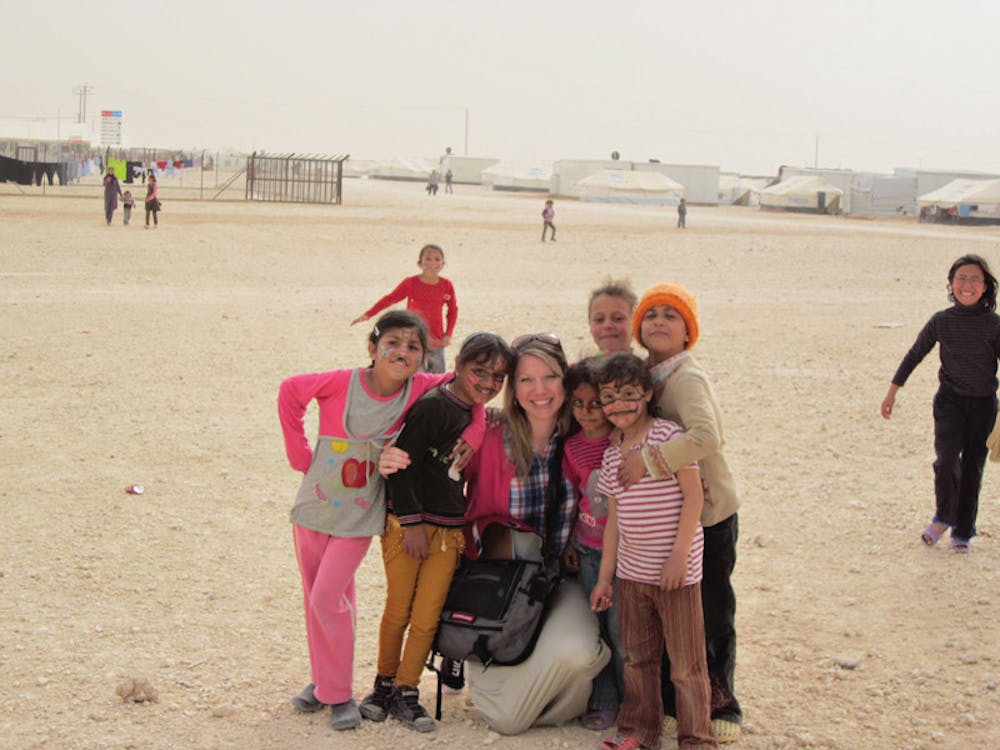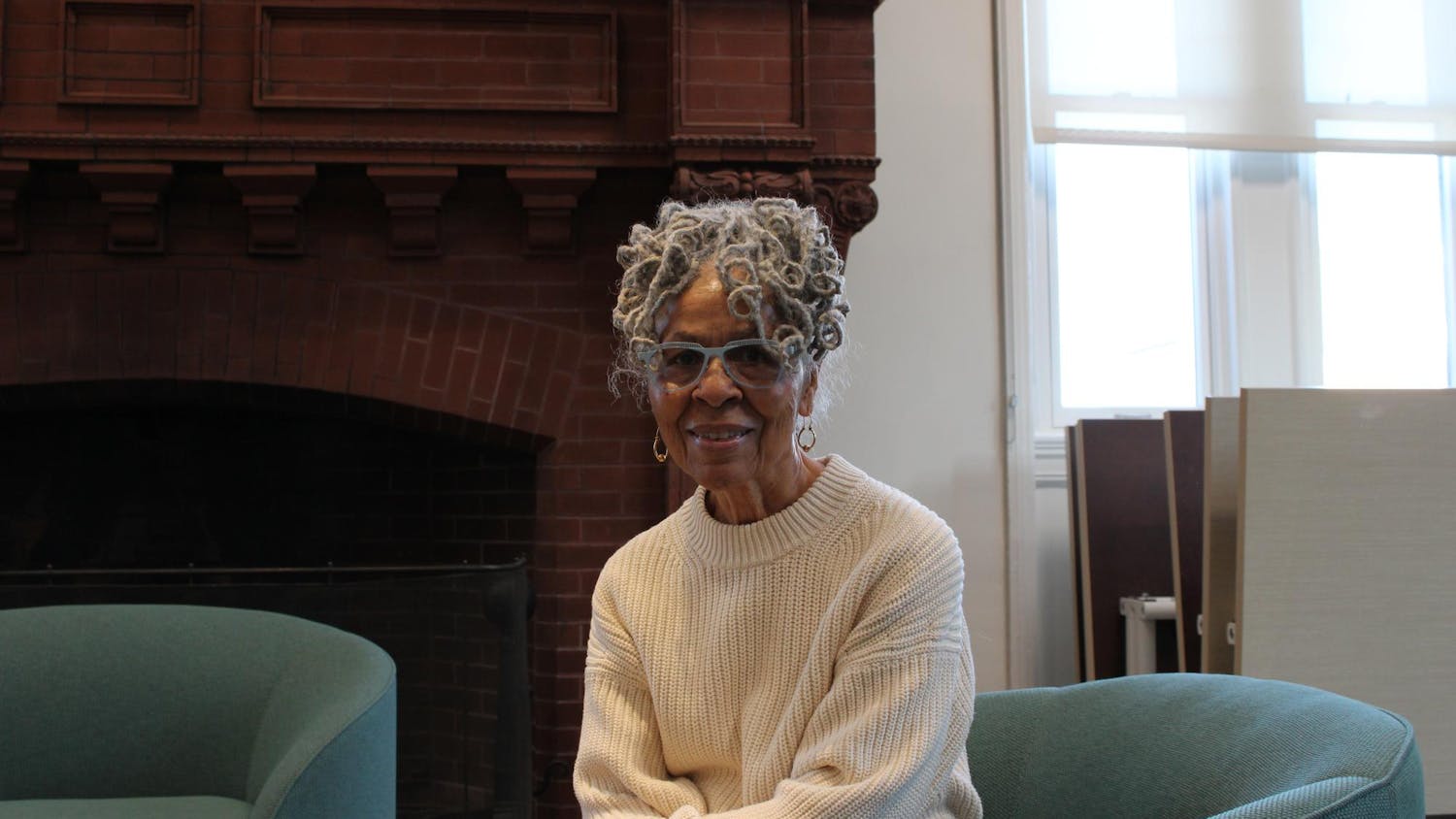Accommodations, security and policing stood out as major concerns in refugee camps in Jordan, according to a recent research article by Sarah Tobin, the incoming associate director of the Middle East Studies program.
Published Oct. 14 in the journal the Middle East Research and Information Project, the article illustrates the different conceptions of power and power structures within Jordanian refugee camps, the resulting tension among refugees and social workers and its effect on the maintenance and security of the camps.
The article focuses on the camp Zaatari, located in the north of Jordan. The camp, which opened on July 28, 2012, has been home to about 100,000 refugees, according to the article. More than 80 percent of the camp’s refugees belong to “vulnerable” groups — 56 percent of residents are children and 25 percent are adult women.
Various United Nations agencies and national and international non-governmental organizations made abundant efforts to supervise camp administration and management, the article noted. But there is “confusion over who among the Syrian refugees are ‘in charge,’” the article explained. External agencies are unsure whom among the refugees they should contact. For these reasons, the agencies and social workers have had difficulty figuring out how best to provide accommodations.
Though previous research has addressed refugee conditions in and around Syria, Denis Sullivan, co-author of the article and professor of political science at Northeastern University, said his and Tobin’s research is unique because it “tackles the issues of security and camp management.” The article highlights the necessity to secure the lives of the social workers and NGO members, in addition to those of the refugees in the camp.
Though Jordan is a relatively secure country with a professional military and police, it is important to think beyond the safety of the refugees and consider the “security of the Jordanians in the neighborhoods and (the security of) humanitarian workers,” Sullivan said.
“Tobin’s work in Zaatari camp, along with that of her colleagues, has highlighted not only the complexities of the Syrian refugee crisis, but also described the local effects of reconstituting society in a space of great physical, material and emotional insecurity,” said Ian Straughn, an adjunct assistant professor of anthropology who was not involved in the study.
Sullivan, who has visited Jordan for the past four summers and witnessed the Syrian crisis worsening, has attempted visiting the Zaatari refugee camp several times. He was successful in spring 2013, by which time he had hired Tobin as a research assistant. Over the course of the summer, they visited refugee camps in and around Syria, including Zaatari.
Sullivan and Tobin expressed agreement that the most surprising part of their research was seeing the gravity of the refugees’ situations.
Tobin cited the example of a Palestinian woman in a refugee camp, whose family was starving to death prior to arriving at the camp. The mother had to send her youngest and smallest child out of their house to retrieve food, making the necessary calculations to ensure he could avoid the snipers.
“Everybody that I spoke with had stories about this utter brutality that they had to escape,” Tobin said.
“Life goes on at the refugee camp … but that life is so desperate,” Sullivan said.
Sullivan said he and Tobin will continue to focus their research on refugee issues in Jordan. They will hold a workshop Oct. 31 at Northeastern, bringing together an array of U.N. representatives, policy makers and academics. They hope to discuss what steps to take to improve the situations in these refugee camps, Sullivan said.
Tobin said she has been working on a few other projects related to the refugee camps in and around Syria, including one about early marriage. She hopes to speak at Brown this spring about this topic, she said.
Tobin currently serves as a visiting scholar and assistant director of the Boston Consortium for Arab Region Studies at Northeastern, and will assume her post as associate director of the Middle East Studies program in January.
Tobin said she is excited to join the Brown community. She believes she can “deepen the kind of offering we have” at Brown, as she has conducted “a very contemporary active research on a timely topic,” she said.
Tobin will teach a class on Islamic economics this spring, she said. She is “excited that Brown is trying out this new course,” since the topic has never been offered previously, she said.
“I’m very sad to lose (Tobin) working for me as my assistant, but am happy for her and her folks at Brown,” Sullivan said. “She is a perfect fit for the Middle East Studies program.”

ADVERTISEMENT




